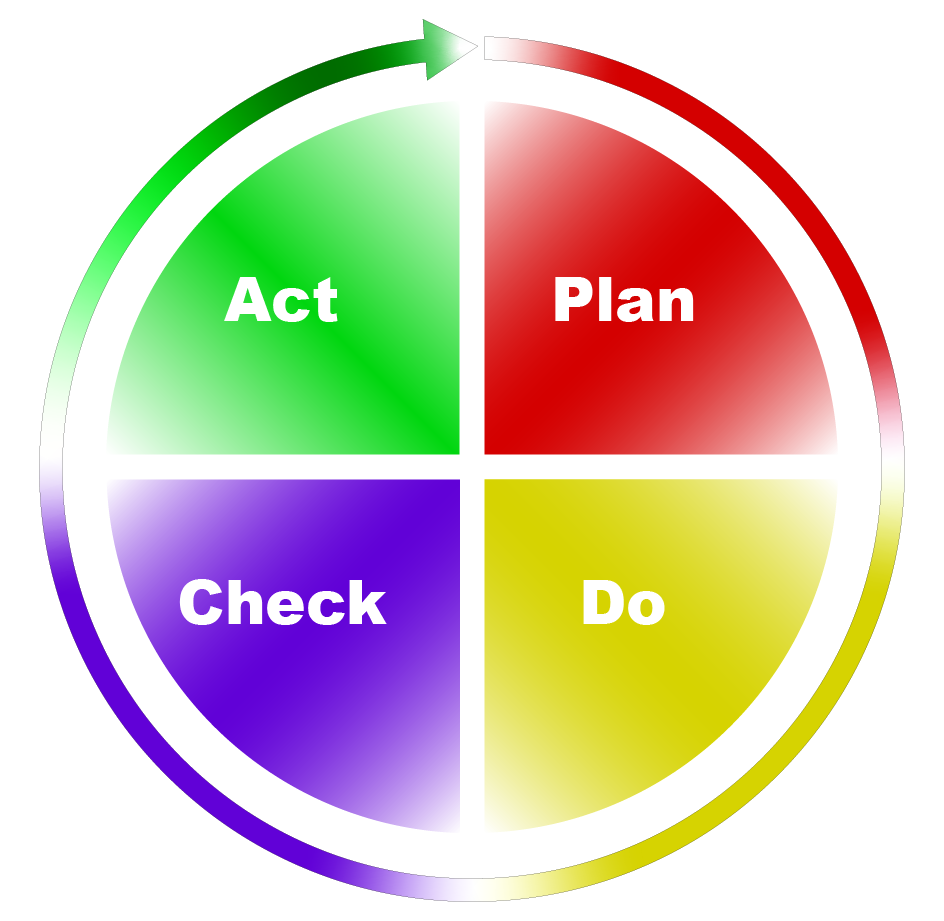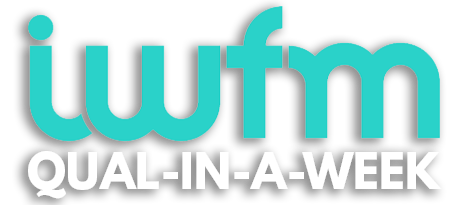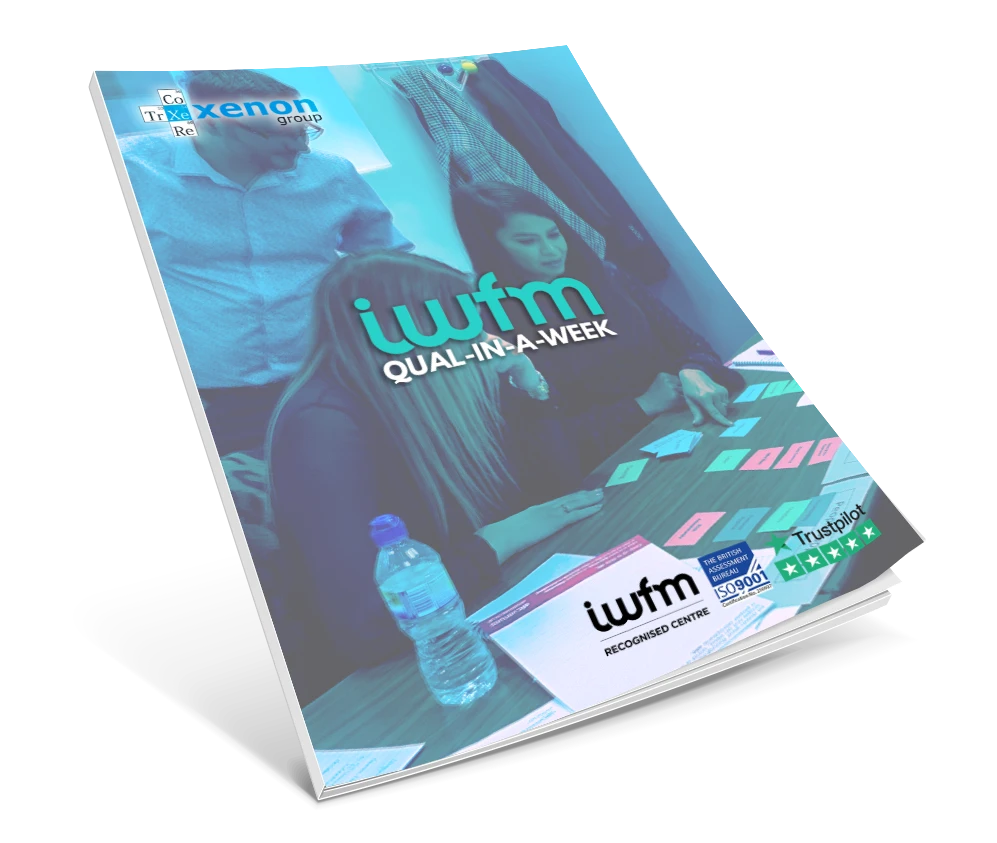Hi,
This week, we’re going to look at something a little different. We’ll be delving into the realms of management theory with a look at Deming’s Cycle of Continuous Improvement.
The words ‘Management Theory’ can stir up all kinds of emotions, from enthusiasm, to fear, to contempt. But don’t worry, whatever your thoughts on theory and academia, we promise that this is a useful concept to understand and apply to your work.
In fact, as its name suggests, Deming’s Cycle of Continuous Improvement is a method you can use to continuously improve your services and your performance – a surefire way of evolving from a good facilities manager into a great one!
The content of this series has been adapted from one of the courses on our new online learning platform, XenZone. For more of this, presented in an engaging and interactive format, why not check out the new platform? You get a 7-day free trial so you can see what it’s all about.
Since we launched the system just 12 days ago, we’ve already added 3 new courses (with a 4th due to go live today) so it’s a continuously improving platform – which segues nicely into today’s topic…
Deming’s Cycle of Continuous Improvement
A key element of our role as facilities managers is to look for ways to continually improve the service we are offering to our clients and our customers.
Even when we are getting excellent customer feedback and our client is satisfied with the service we are delivering, we should not sit back on our laurels. There is always room for improvement.
Deming’s cycle of Continuous Improvement is a tool we can use to assist us in the process of continually striving to provide a better service.
Deming’s Cycle consists of four stages – Plan, Do, Check, Act and is sometimes referred to as the PDCA cycle.

We’ll be going into each stage in more detail over the coming weeks, but for now here’s a brief summary.
PLAN – As the name suggests, in this stage we plan the action or activity that we’re undertaking
DO – We put our plan into action, implementing whatever initiative we designed in the planning stage.
CHECK – Once we’ve implemented the plan, we check to see what went well, what didn’t go so well, and what improvements we could make.
ACT – We act on any observations we made during the checking phase, implementing any improvements we feel could be made.
As you’ve probably noticed, this process is cyclical (clue’s in the name!). So once we’ve completed the ACT stage, we can start planning further improvements. The cycle can go on indefinitely, ensuring that things get better and better with each iteration of the cycle.
That’s all for this week. In the coming weeks, we’ll go into each stage in more detail as well as looking at some examples to demonstrate how the cycle can be used, both in FM specifically and elsewhere – this tool can be used in a vast range of areas.
Don’t forget to get your free trial on XenZone!
Have a great week!
Chris and the Xenon Team
P.S. If you haven’t already studied or started studying for an IWFM qualification, which will cover topics like this in depth and fully assess your understanding, you may want to have a look at our guide to the IWFM Qualifications which will give you a full breakdown of how they work and what’s involved in the different levels. You can download it here.
P.P.S. If you’re already considering taking a qualification but don’t know which level to go for, a good starting point is our One-Minute-Leveller tool, which will ask you a few questions and give you a recommendation based on the result. You can access it here.
P.P.P.S. Don’t forget you can read all of the previous issues on our website. If you’re new to the mailing list or you want to revisit an earlier issue without digging through your inbox, you can find all of our past issues in the Vault.



